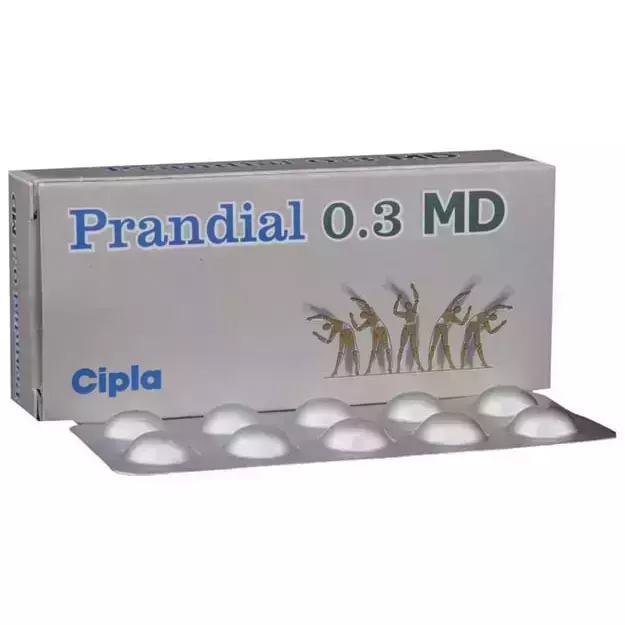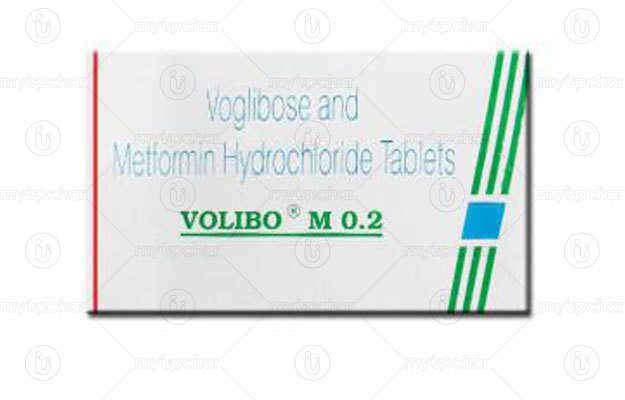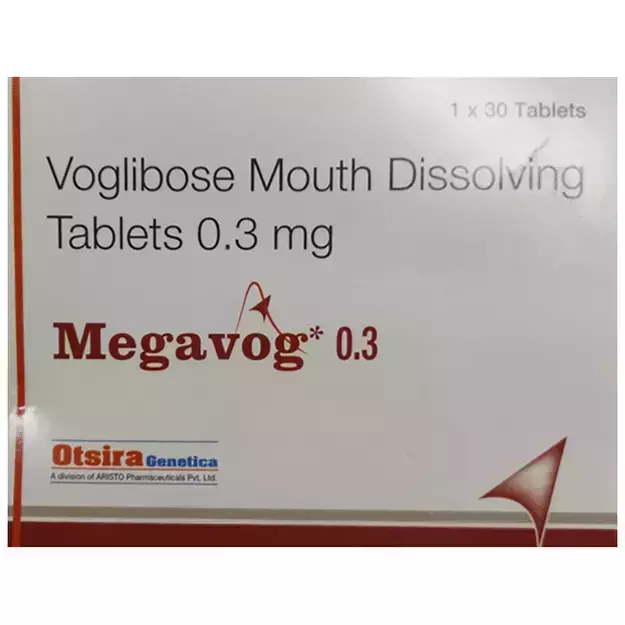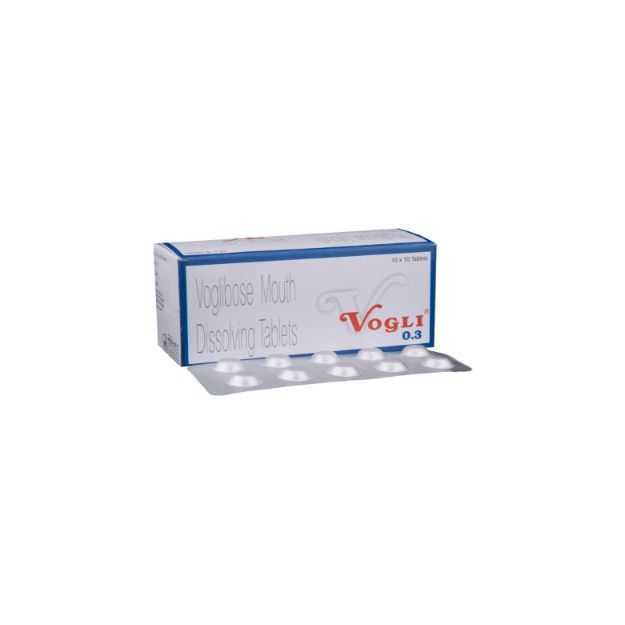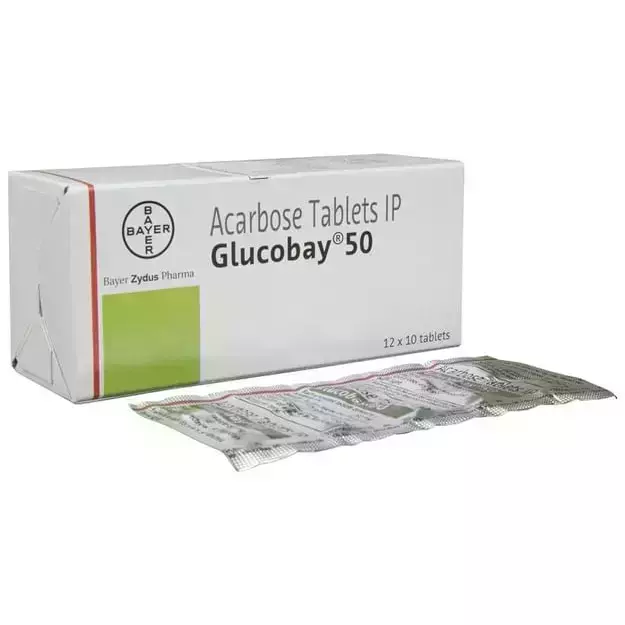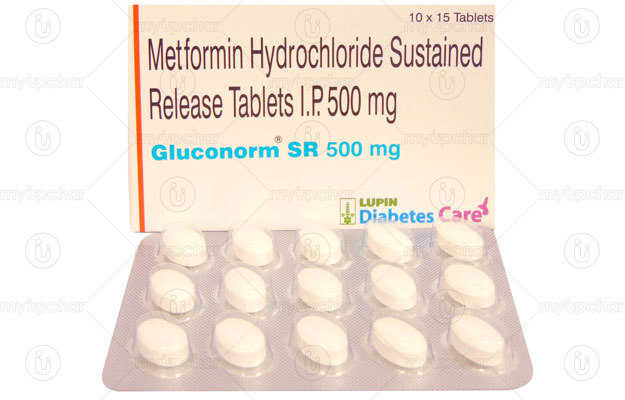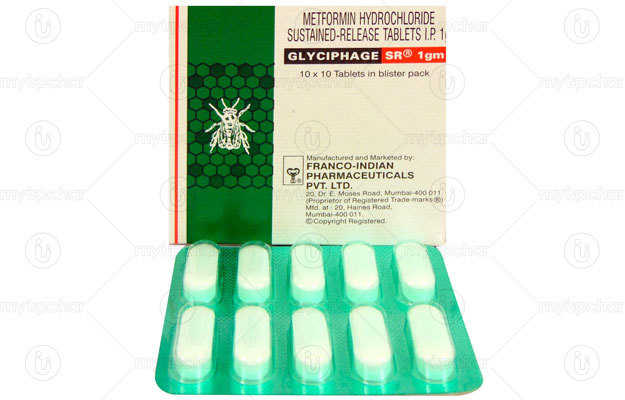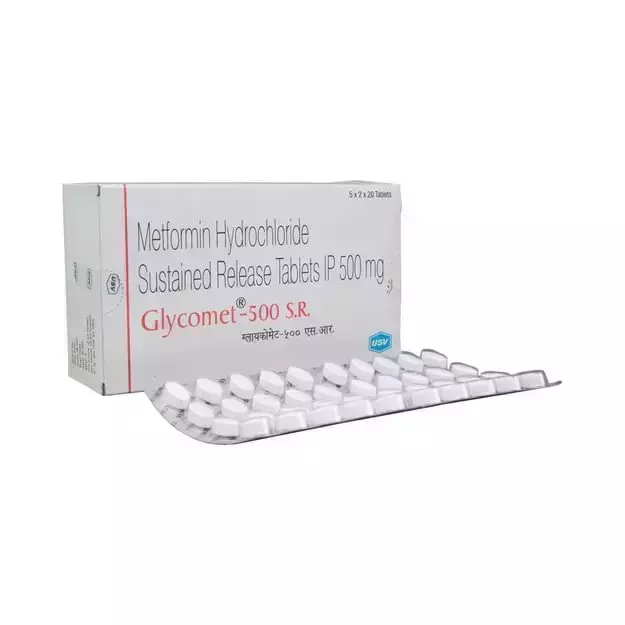PPG 0.3 Tablet (30) is a commercial drug that is prescribed in the form of Tablet. Primarily, it is used for the treatment of Diabetes Type 2.
The correct dosage of PPG 0.3 Tablet (30) depends on the patient's age, gender, and medical history. Besides the medical condition it is advised for, the route of administration also plays an important role in determining the correct drug dosage. This information has been provided in detail in the dosage section.
The most common side effects of PPG 0.3 Tablet (30) are Rash, Flatulence, Diarrhoea. Apart from the aforementioned side effects, PPG 0.3 Tablet (30) can also lead to other problems, which have been listed below. Usually, these side effects of PPG 0.3 Tablet (30) go away soon, and do not persist beyond the duration of the treatment. Please speak with your doctor if these side effects worsen or persist for a longer duration.
Furthermore, you should know that effect of PPG 0.3 Tablet (30) is Severe for pregnant women and Severe for women who are breastfeeding. Warnings related to PPG 0.3 Tablet (30)'s effects on the liver, heart and kidney, if any, have been listed below.
PPG 0.3 Tablet (30) is not recommended if you suffer from certain medical conditions as it can have adverse effects. Digestive Disorders, Intestinal Obstruction, Allergy are examples of such conditions. Other conditions have been mentioned below in the PPG 0.3 Tablet (30) contraindications section.
Besides this, PPG 0.3 Tablet (30) may also have severe interaction with some medicines. A complete list of these interactions is given below.
Along with the above-mentioned precautions, remember that taking PPG 0.3 Tablet (30) is considered safe while driving, and is addictive.
X

